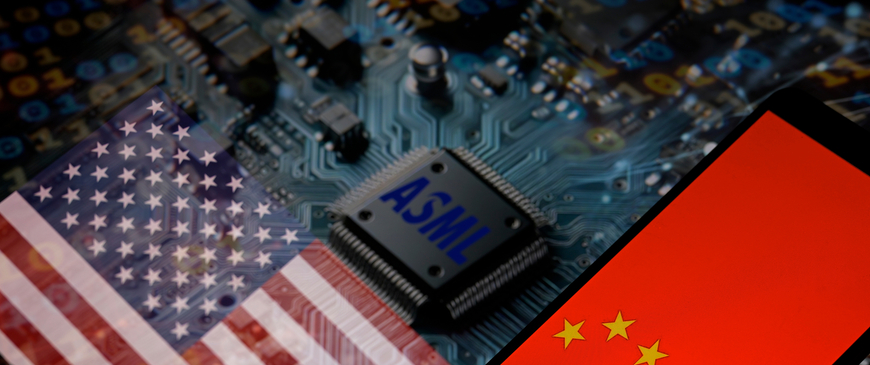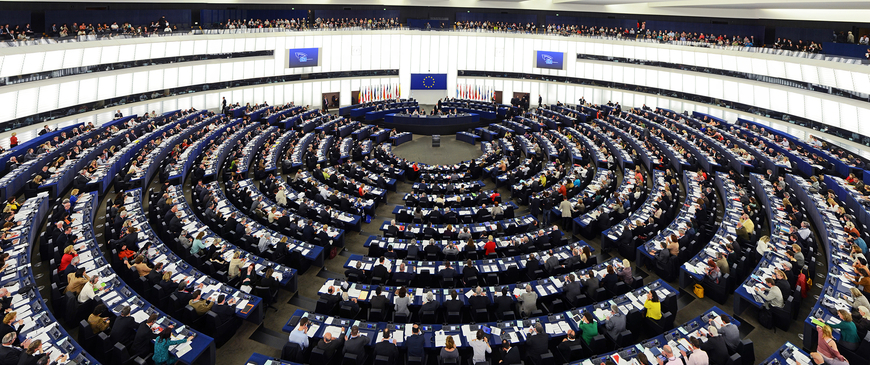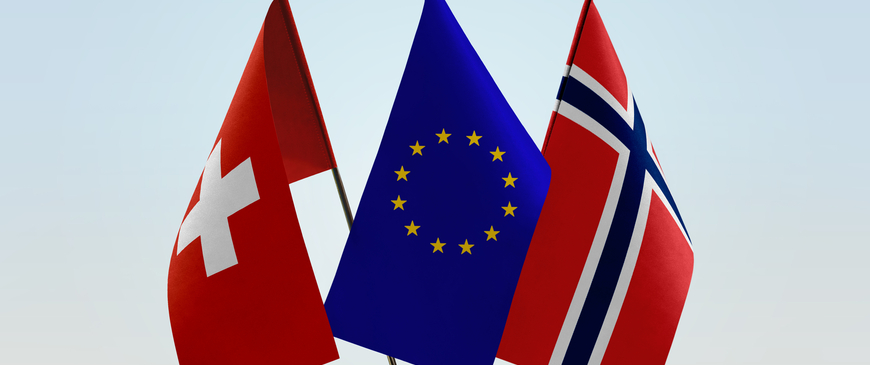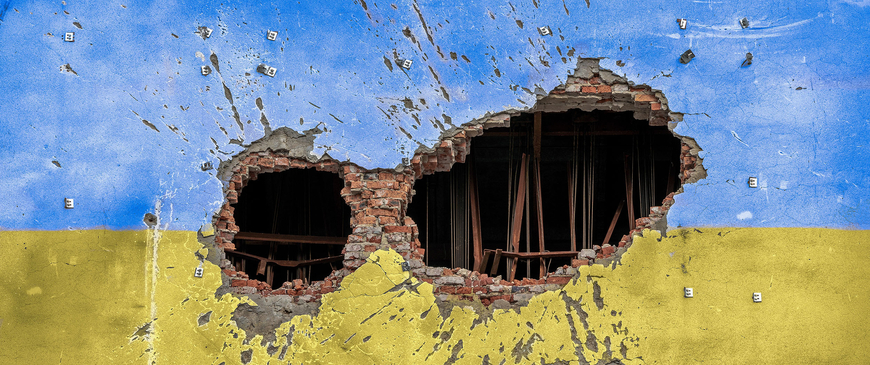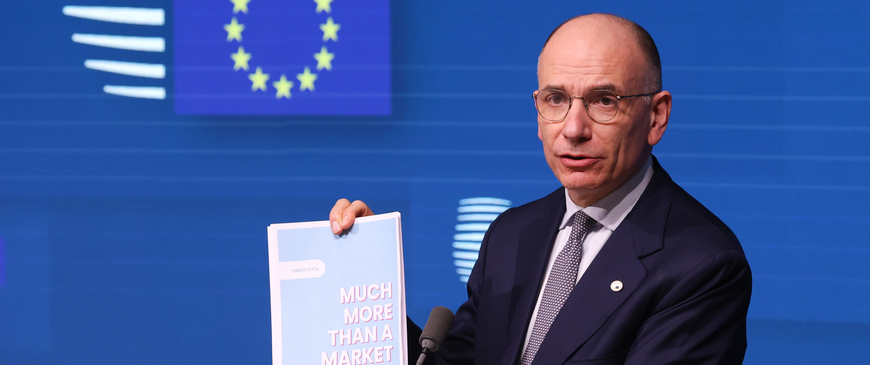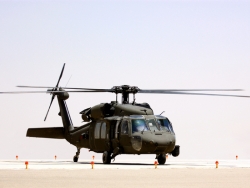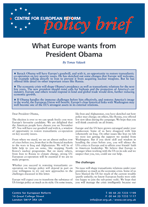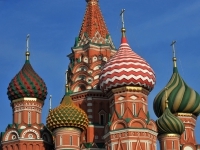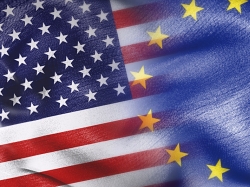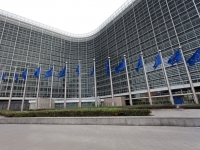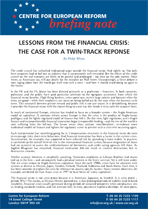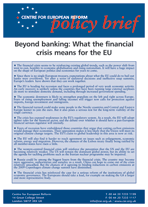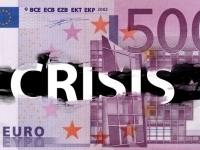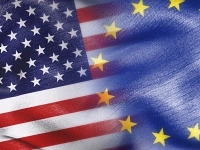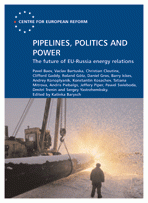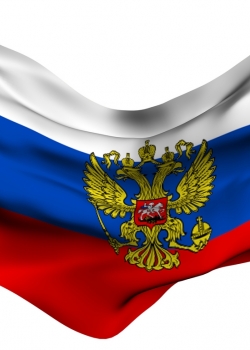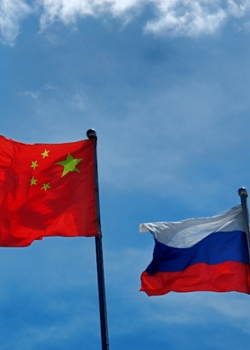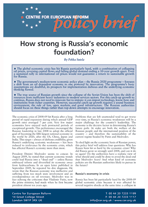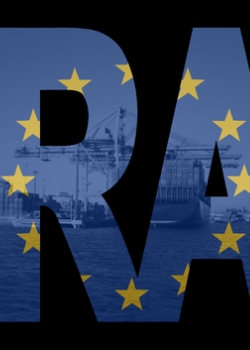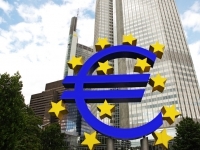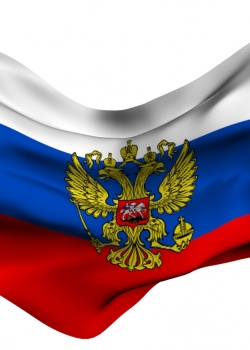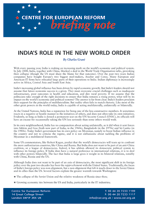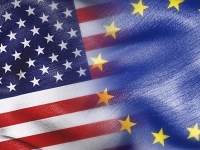Research
The EU takes on defence procurement
28 November 2008
The EU is in the middle of a little noticed – but potentially important – debate about defence markets. For the first time, the European Commission could be authorised to help reduce barriers amongst the EU’s segmented national defence markets.
What Europe wants from President Obama
27 November 2008
Barack Obama was the preferred candidate of most Europeans. He will have Europe's goodwill and with it, a window of opportunity to restore transatlantic co-operation on key security issues. Whether he succeeds will depend in part on the president-elect's willingness to try out new approaches to key foreign policy challenges.
PCA? The EU needs a real Russia debate
24 November 2008
Was the EU right to resume negotiations on a new partnership and co-operation agreement (PCA) with Russia despite Moscow not fully complying with the Georgia ceasefire plan?
Is EU competition policy an obstacle to innovation and growth?
20 November 2008
European countries need to improve their record of developing high-tech businesses if they are to prosper. This was explicitly recognised in the EU's Lisbon agenda of economic reforms launched in 2000. The reasons for Europe's poor record of innovation are complex, but one factor may be competition policy.
What 'Obama effect' for transatlantic relations?
10 November 2008
Europe got the president it wanted on November 4th 2008. Obama will have Europe's goodwill and with it, a window of opportunity to restore transatlantic co-operation on key security issues. The list of common challenges includes, but is not limited to, Afghanistan, Iran and Russia.
The Commission's economic forecasts are still too complacent
07 November 2008
On the face of it, it appears churlish to accuse the Commission of complacency when it is forecasting no growth in the eurozone economy in 2009 and a deep recession in the UK.
Lessons from the financial crisis: A twin-track response
05 November 2008
The credit crunch has unleashed widespread anger outside the financial sector. And rightly so. Not only have taxpayers had to bail out an industry that is uncommonly well rewarded. But the effects of the credit crunch on the real economy are likely to be painful and prolonged – not least on the jobs market.
How a new Irish government might save Lisbon
24 October 2008
The financial crisis is challenging many of our assumptions about the course of politics and world affairs. Gordon Brown – only weeks ago portrayed as nearing the end of his time as UK prime minister – has been elevated to European, even global leadership status.
Beyond banking: What the financial crisis means for the EU
23 October 2008
The world is in the midst of a financial crisis which will have far-reaching implications for the EU – not just for the region's immediate economic outlook, but also for the future of the euro, financial regulation, economic reform and global governance.
Another Great Depression?
15 October 2008
Many observers have drawn parallels between the current economic crisis and the Great Depression of the 1930s. However, the stock market collapse of 1929 did not directly cause what turned out to be the deepest and most prolonged recession of modern times, ultimately ending in the Second World War.
Scapegoating the US lets others off too easily
02 October 2008
Huge amounts have been said about the consequences of the credit crunch for the US and UK economies. They undoubtedly face major adjustments, and several years of very weak economic growth.
Pipelines, politics and power: The future of EU-Russia energy relations
01 October 2008
Does the Kremlin use energy as a political weapon? Why is Russia’s oil and gas output stagnating? Can and should the EU try to reduce its dependence on Russian hydrocarbons? Are the EU and Russia engaged in a pipeline war? What does energy solidarity mean? What rules should govern EU-Russia energy relations?
How to handle the new Russia
01 October 2008
The war in Georgia has led to a surge of anti-western sentiment in Russia. The fact that Americans and Europeans broadly sympathised with Georgia – when it was Mikheil Saakashvili’s attempt to take South Ossetia by force that started the war – infuriates many Russians.
Russia, China and the Georgia dimension
01 October 2008
Russia’s relations with the West today are more problematic than at any time since the fall of the Berlin Wall. With talk of a new Cold War and of parallels with the great power rivalries that preceded the First World War, Moscow’s ‘strategic partnership’ with Beijing has been out of...
How strong is Russia's economic foundation?
01 October 2008
Russia's economy is in deep recession. Many Russians hope that rising oil prices will quickly restore the high growth rates their country enjoyed before 2008.
Options for EU trade policy
01 October 2008
In late July, the Doha round suffered its umpteenth setback, when ministers from the member-states of the World Trade Organisation (WTO) failed to agree on a package to liberalise world trade.
In defence of Anglo-Saxon capitalism
29 September 2008
Those who never liked ‘Anglo-Saxon’ capitalism are feeling smug. Marxists, fans of ‘Rhineland’ capitalism and those who simply cannot stand American power are crowing.
Issue 62 - 2008
26 September 2008
- How to handle the new Russia, Charles Grant
- Russia, China and the Georgia dimension, Bobo Lo
- Options for EU trade policy, Philip Whyte
India's role in the new world order
26 September 2008
Few doubt that India's geopolitical role will grow. But what kind of impact will India make on the world's economic and political order?
Can the next US president heal the transatlantic rift?
19 September 2008
There are two schools of thought on what the election of a new US president will mean for transatlantic relations. The optimists argue that relations will improve significantly.

